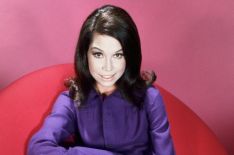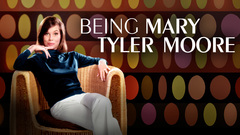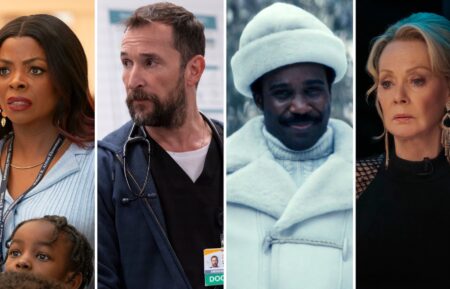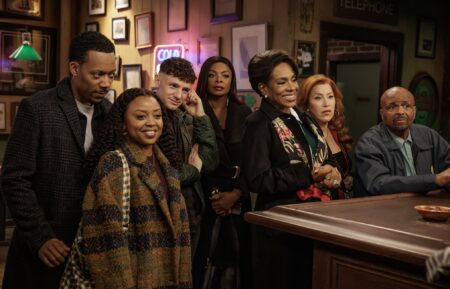‘Being Mary Tyler Moore’ Director on Exploring the TV Icon’s ‘Joy and Pain’ for HBO Doc
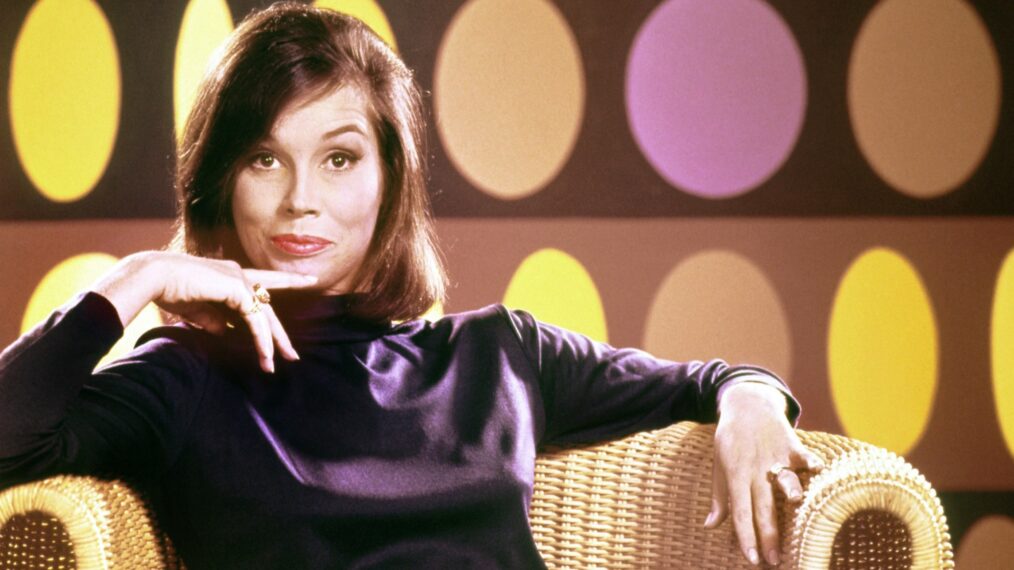
Preview
She wore pants and flats as Laura Petrie on The Dick Van Dyke Show when other 1960s television housewives were in dresses and heels. In the ’70s, she starred as The Mary Tyler Moore Show’s happily single Mary Richards, whose family consisted of her friends and her TV station coworkers. In both decades, groundbreaking actress Mary Tyler Moore, who died in 2017 at age 80, was a funny, winning blend of poise and vulnerability that viewers — especially women — connected to.
One of those women, TV producer and writer Lena Waithe (The Chi), spearheaded Being Mary Tyler Moore, an intimate, in-depth new documentary with help from Moore’s widowed husband, Dr. Robert Levine. Guided by her 1995 autobiography, it chronicles the seven-time Emmy winner’s highs but also her lows, including her struggle with alcohol and her son’s untimely death three weeks after her most celebrated film, Ordinary People, premiered in 1980.
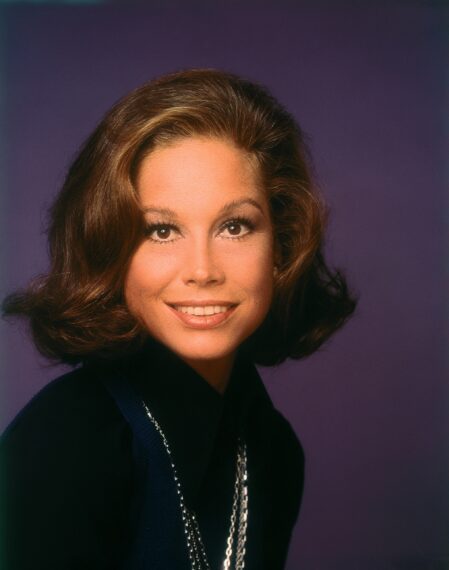
(Credit: Courtesy of HBO)
“Mary’s known as the woman with the eternal smile,” says director James Adolphus, “but I think if you truly want to get to know your heroes, you have to be comfortable with their joy and their pain.”
The two-hour film devotes 30 minutes to Moore’s self-titled series and explores her life beyond her most famous roles. Those she knew and inspired — including Mary Tyler Moore Show cohorts such as costar Ed Asner, cocreator James L. Brooks and writers Treva Silverman and Susan Silver — share memories in voiceover and reflect on her legacy as rarely seen archival footage, photos, and even home movies fill the screen. (A clip of Betty White speaking at Moore’s 1983 bridal shower is a highlight.) Of the decision to forgo the usual talking heads, Adolphus explains: “At the end of the day, folks are showing up to see Mary Tyler Moore.”
Some of the most memorable comments come from the actress herself. During a 1966 appearance on David Susskind’s talk show, it’s clear her feminist ideals clash with the host’s more traditional views of womanhood. Pushing back, politely but emphatically, Moore cites Betty Friedan and proclaims: “Women should be human beings first, women second, wives and mothers third.”
Among the tributes, Julia Louis-Dreyfus notes that she “fundamentally shifted in our culture how we perceive women in entertainment,” and Brooks believes “Mary has inspired as many women as Eleanor Roosevelt.” No wonder she’s an icon.
Being Mary Tyler Moore, Documentary Premiere, Friday, May 26, 8/7c, HBO

